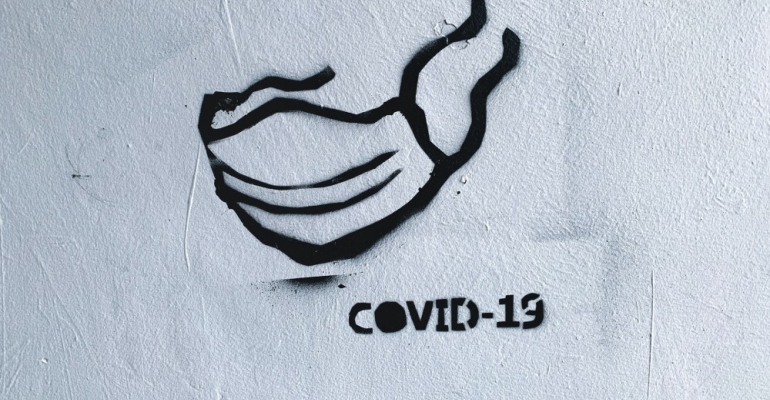
Blind Alleys and Wrong Turns
The first is the one that the UK government – along with most of the rest of the world – is pursuing: try to prevent anyone from catching the virus in the first place and when case numbers increase impose local lockdowns and other restrictions, much as we’ve seen in the past couple of days.
This strategy has the advantage of preventing people from getting sick and dying, and it limits the risk of the health service being overrun. Yet the costs to our national mental, social and economic health are huge – and people are dying as a result.
The alternative strategy is unthinkable for any government (certainly democratically elected ones) because it appears too callous: attempt to shield the most vulnerable but other than that remove all restrictions and let the virus run its course. The advantage of this would be that it would give us the best chance of the virus quickly evolving towards less virulence and becoming simply another cause of the common cold. The disadvantages are obvious: that many could get sick and die and the health service be overwhelmed. The potential short term pain is too risky to allow for the possible long term gain.
Because the first strategy is the only one our leaders are currently able to contemplate it looks like we are going to be stuck in the twilight zone indefinitely – trying to get back to ‘normal’ but constantly thwarted by restrictions we have to follow. (Is anyone taking the Prime Minister’s ‘Moonshot’ testing plan seriously?) Unless, as some are suggesting, the virus has already burnt itself out, the only way out of this will be the much hoped for vaccine. Unfortunately, the development of this is by no means the given that many people assume; and even if it were, rolling it out too quickly could actually do more harm than good (as explained here).
All of which is rather depressing.
A particular challenge is the psychological impact of reimposed restrictions after a taste of freedom. I highly doubt that if her school were closed again my daughter would rush back to online learning. And if, having started physical gatherings, our church was told we could no longer meet I think it would be very hard to move everything online again. Sure, it would be easier technically than it was in March, because we now know how to do it. But I’m not sure how enthusiastically we could embrace it.
This is a reason why some churches are still being cautious about beginning physical gatherings. But this is running up a blind alley in order to avoid a wrong turn. For how long can you sustain a congregation with nothing but virtual meetings? Lots of my friends are reporting a very significant drop off in engagement and attendance already. How might things look by Christmas?
All of which seems rather hopeless.
Like Job, probably lots of us are at the place where we’re saying, “I have heard many things like these; you are miserable comforters, all of you! Will your long-winded speeches never end?” (Job 16:1-3).
What are we to do? What are pastors like me to do? Probably the best thing is what God commanded of Job: “Brace yourself like a man” (Job 40:7). It is almost inevitable that we are going to take what end up looking like wrong turns at this time. Be manly about that. Our own lack of knowledge and power is being cruelly exposed, but, “I know that God can do all things; no purpose of his can be thwarted” (Job 42:2).
In God, there are no blind alleys or wrong turns.